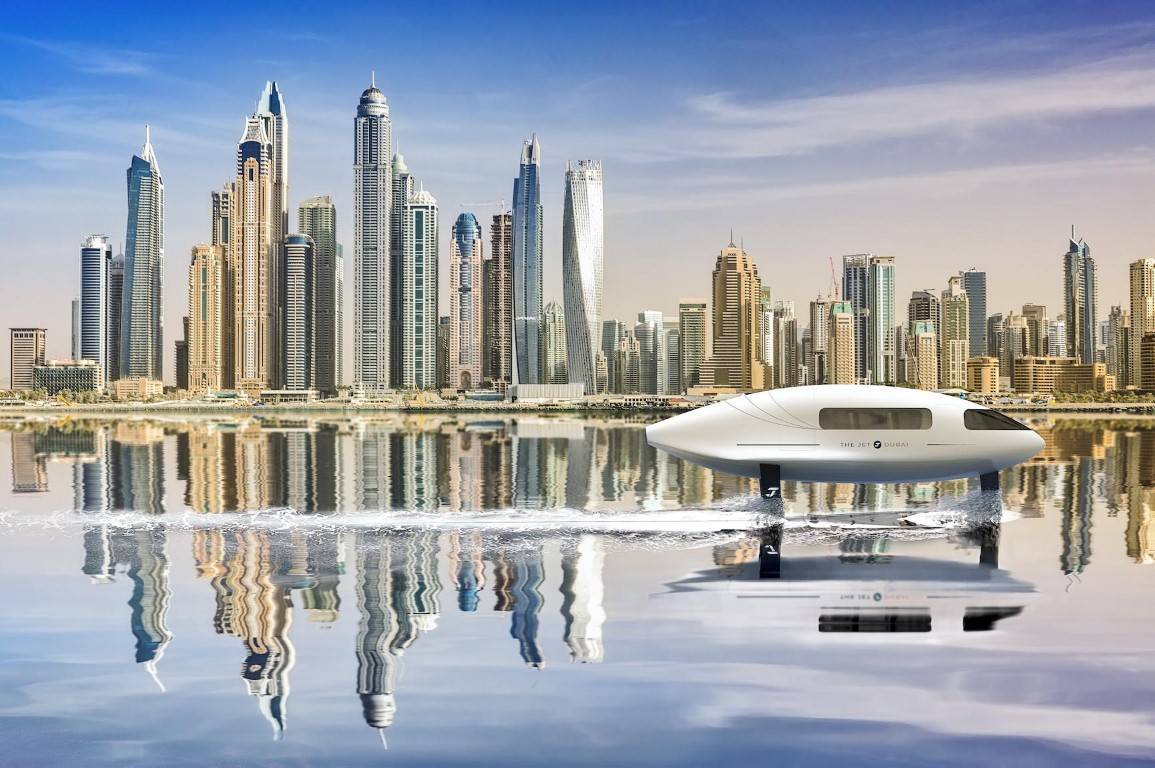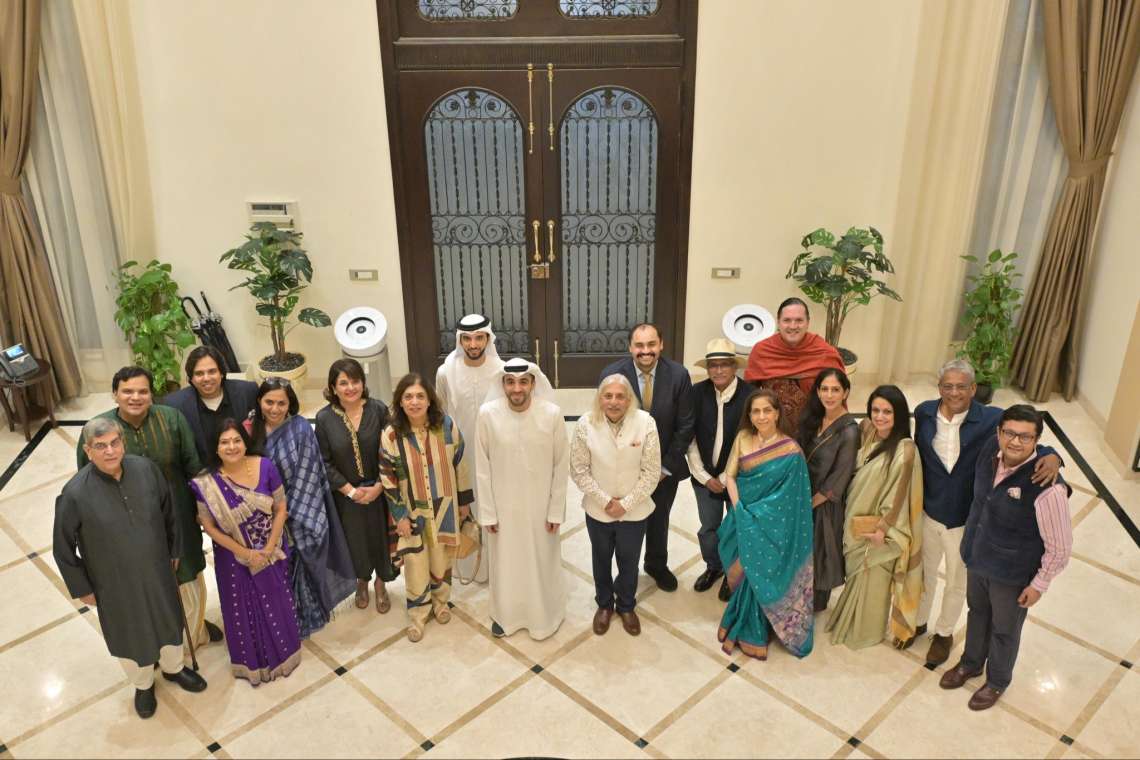Climate change and the need for decarbonising economies worldwide are driving the pursuit of low-carbon hydrogen technologies as a fuel source…reports Asian Lite News
Abu Dhabi Department of Energy (DoE) has announced that the development of its hydrogen policy and regulatory framework aims to accelerate the UAE’s national hydrogen strategy and help the country attain global leadership in low-carbon and clean hydrogen.
For the design of this regulatory framework, the DoE is working with key Abu Dhabi government and private sector stakeholders, including ADNOC, Mubadala, Masdar, ADQ, TAQA, Emirates Water and Electricity Company, Abu Dhabi Ports, Ministry of Infrastructure and Energy, Department of Economic Development, Department of Municipalities and Transport, Department of Finance and Environment Agency – Abu Dhabi.
The DoE’s hydrogen policy and regulatory framework aim to clearly define policies, regulations, standards, and certifications for the emerging hydrogen industry to be globally competitive. Due to the nature of the industry, its broad target markets, emerging industrial forms and functions, growth characteristics of demand, and deeply technical components, a policy and regulatory framework is essential to ensure sustainable developments and to position Abu Dhabi as a leader in the production and usage of hydrogen worldwide. The DoE expects to report on the outcomes of the policy and the regulatory framework before the end of 2022.
Ahmed Mohammed Belajer Al Rumaithi, Under-Secretary of the Abu Dhabi Department of Energy, said, “A vibrant low carbon hydrogen production and consumption industry will place Abu Dhabi and the UAE at the global forefront of countries producing green energy. It can potentially increase low-carbon hydrogen production in Abu Dhabi to more than a million tonnes per annum by 2030. Locally produced hydrogen will act as a driver of innovation and economic diversification, allowing for the decarbonisation of the economy in line with UAE National Energy Strategy 2050, Net Zero commitment and improved energy security to support the economic, environmental, and social sustainability requirements of the emirate.”
“This is an opportunity for Abu Dhabi, with its abundant solar resources, to contribute to fulfilling a global need that will create new local industries and jobs, offer growth for existing firms, develop new skill sets, and facilitate more research. It will also stimulate more foreign direct investment in the energy sector.”
Climate change and the need for decarbonising economies worldwide are driving the pursuit of low-carbon hydrogen technologies as a fuel source.
The Hydrogen Council reported in 2021 that hydrogen is an aspiration for the world as a future energy source. More than 30 countries have released hydrogen roadmaps, and the industry has announced more than 200 hydrogen projects and ambitious investment plans. Total investments can exceed US$300 billion in hydrogen spending through 2030 – the equivalent of 1.4 percent of global energy funding.
Given that the industry is at an early stage, technical issues need resolving, and effort and investment must be committed to reducing costs. Additionally, hydrogen operations need standards, regulations, and certifications. International organisations, such as the European Commission, stipulate green hydrogen usage and the criteria for its production, ensuring the use of clean fuel sources. Countries are also piloting projects to produce green hydrogen and use it for running vehicles.
According to the Hydrogen Council, worldwide hydrogen production has already reached 70 million tonnes per year, but 96 percent of this is grey hydrogen, produced from steam reformation of methane and costs about $1 per kilogramme (kg). Blue hydrogen, which relies on carbon capture and storage technologies to remove emissions from grey hydrogen, costs around $2 per kg. Whereas green hydrogen, produced by electrolysers derived from renewable electricity, costs at least $4 per kg. Lastly, there is pink hydrogen, produced as an offshoot of nuclear power.














